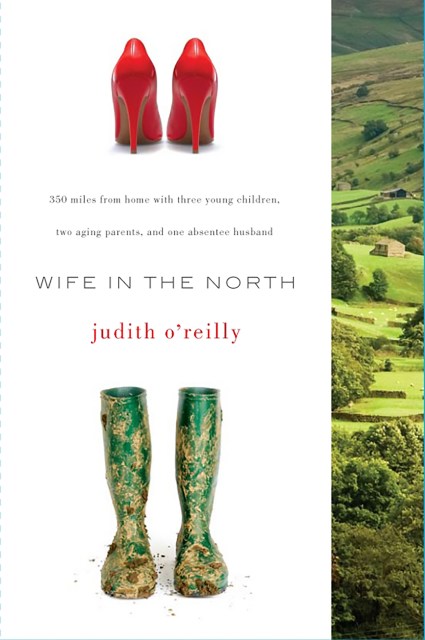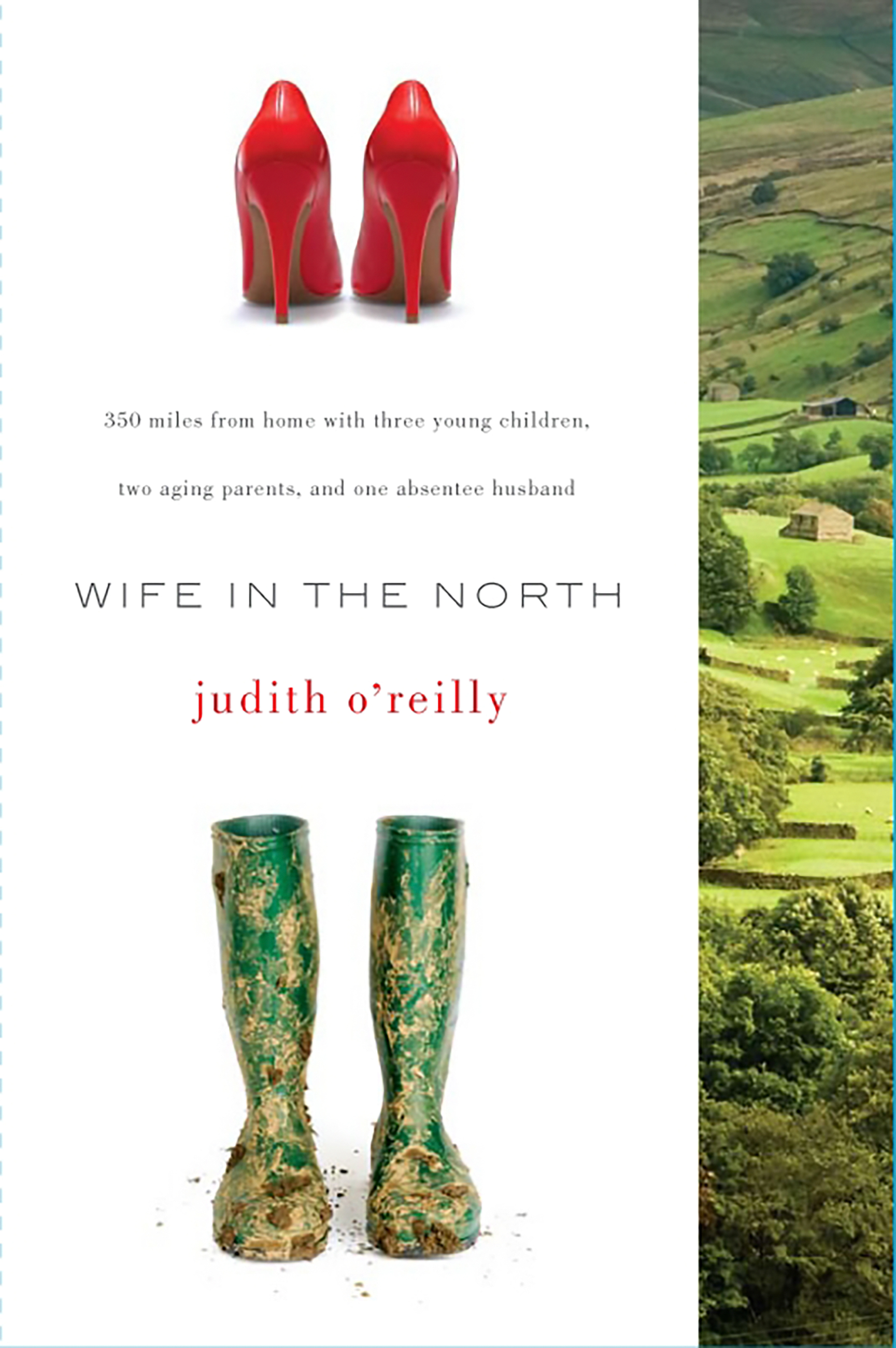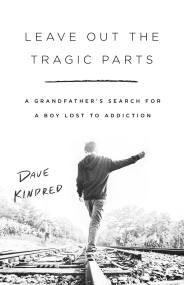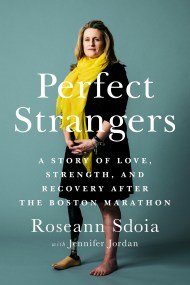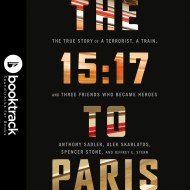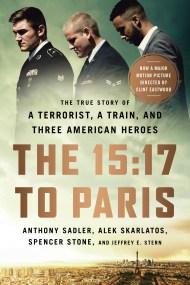By clicking “Accept,” you agree to the use of cookies and similar technologies on your device as set forth in our Cookie Policy and our Privacy Policy. Please note that certain cookies are essential for this website to function properly and do not require user consent to be deployed.
Wife in the North
Contributors
Formats and Prices
- On Sale
- Jun 17, 2009
- Page Count
- 352 pages
- Publisher
- PublicAffairs
- ISBN-13
- 9780786749485
Price
$9.99Format
Format:
ebook $9.99This item is a preorder. Your payment method will be charged immediately, and the product is expected to ship on or around June 17, 2009. This date is subject to change due to shipping delays beyond our control.
Buy from Other Retailers:
In this tremendously funny and acutely observed memoir, O’Reilly must navigate the challenges and rewards of motherhood, marriage, and family as she searches for her own true north in an alien landscape. Her intrepid foray into the unknown is at once a hilarious, fish-out-of-water story and a poignant reflection on the modern woman’s dilemma of striking the right balance between career and family.
Newsletter Signup
By clicking ‘Sign Up,’ I acknowledge that I have read and agree to Hachette Book Group’s Privacy Policy and Terms of Use
